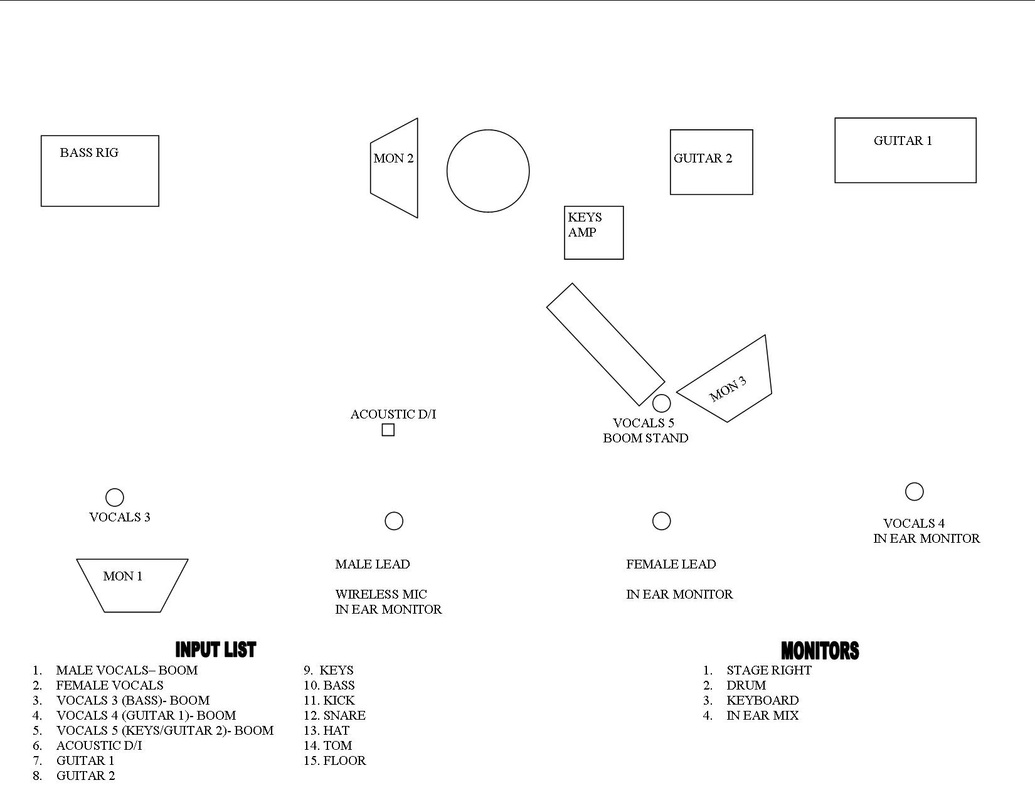

It Is For You, But Not For Us - 9:12ĭrummer Bill Bruford might have described this version of King Crimson best when he compared it to his former band, Yes (paraphrased): "In Yes, we would spend all this time arguing about what to play. Lark's Tongues In Aspic, Part One - 7:50ġ3. Improv: A Voyage To The Centre Of The Cosmos - 15:03Ĥ. Larks' Tongues In Aspic, Part Two - 6:24ĥ. The Great Deceiver - Live 1973-1974, Vol. Even months after reading it (I'm very far behind on the ol' review biz), I wish I had the time back.Īrbitrary rating: 1 out of 5 stuffy upper-middle-class prudes

Maybe I'm just not in tune enough with the depths of human psychology that I'm sure Galsworthy is plumbing. His final act against Philip and Irene seems incongruous with his character. Soames has a few humanizing moments, but for the most part he is a bloodless figurehead. At one point, Irene and Philip are literally described as "pale moths drawn to a flame" - maybe this is the first usage of the cliche and I'm just judging it unfairly. However, there are plenty of cringe-worthy and reductive moments. Galsworthy does a lot with a little, and perhaps that technical ability in prose is alone worthy of the many accolades he received. Indeed, there is only one scene that features Irene and Philip alone - the crisis where they reveal their feelings for each other - and even that scene is presented almost as if we are eavesdropping and unable to hear exactly what is being said.

The affair is seen almost solely through the viewpoint of Soames (the husband) and the extended Forsyte family, as a shadowy, uncertain, hinted-at possibility only discovered to be fact when it's too late. If it weren't for the fact that their actions drive the narrative, Irene (the wife) and Philip (the architect) would be secondary, almost tertiary characters.

Even the affair itself is presented through a fascinating lens. A side plot focuses on an estranged son reconciling with his father, and there are some good moments here. The portrait of the extended Forsyte family is masterfully executed, with the griping, gossiping siblings and in-laws painted to perfection. I guess there are a few wrinkles that elevate it slightly above the soap opera realm. You know the drill - a beautiful woman is trapped in a loveless marriage with a stuffy middle-upper-class prude she falls for the handsome young architect who is building her husband's new house, yet their love is crushed by the repressive social strictures. Undeniably well-written, yet relentlessly depressing and somewhat dull, Galsworthy's first novel in what came to be known as the Forsyte Saga is your average adultery novel. I'm tempted to use the epithet "Nobel-prize-winning trash". Just eat the turnip.Īrbitrary rating (play): 4 out of 5 light-hearted witsĪrbitrary rating (essays): 2 out of 5 academic hay bales The scary thing is, I can see how one could get satisfaction out of crafting such an in-depth analysis, yet ultimately, it seems like trying to draw blood from a turnip. This just confirms for me that I'm no longer a good English major. Granted, there are some very impressive arguments in the critical essays, but ultimately they have little to do with the play itself. We run the gamut of topics: the play reverses gender roles, the play is about strong women, the play undercuts the male romantic lead, the play undercuts Edwardian society, the play is a coded homosexual celebration, the play is a self-fulfilling prophecy about Wilde's incarceration, the play is better in the four-act version, the play is better in the three-act version. It's almost like they didn't even read the play, and they rather developed some overly wordy thesis and then found the parts of the play that support the argument. The critical essays, on the other hand, are completely without humor. Just take my word for it - if you have a couple hours and want a laugh, give it a read. I just spent about 15 minutes trying to summarize the plot, but what Wilde makes flow effortlessly and hilariously, I make into a clunky, plodding bore, so I won't even try. Wilde's farce (subtitled A Trivial Comedy for Serious People) features light-hearted wit, mistaken identities, playful rivalries, absurd obstacles, and an unlikely turn of events. So this review will be in two parts: one for the actual play, and one for all the academic hay that was made out of it. The Importance of Being Earnest (Wilde, 1895)įor this one, I figured I would read everything in the Norton Critical Edition.


 0 kommentar(er)
0 kommentar(er)
